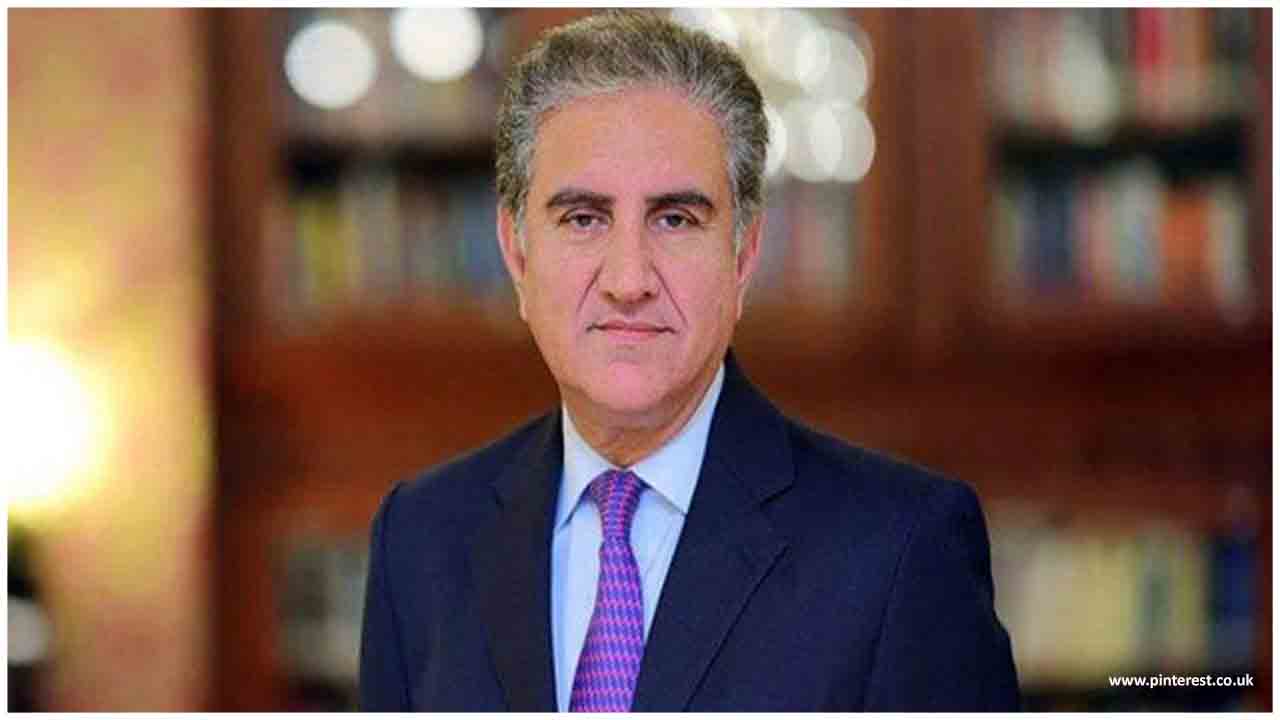
By: AswathyP
Foreign Minister Shah Mahmood Qureshi on Saturday said that Pakistan was moving closer to flatten the coronavirus curve due to the government’s successful lockdown policy but warned that the progress could be affected by the upcoming festivals of Eid and Muharram.
Pakistan has reported 1,487 new COVID-19 cases in the last 24 hours, taking the nationwide tally to 271,886 on Saturday.
“Pakistan is close to flattening the COVID-19 curve but the progress to contain the virus could be affected by the upcoming Eid and Muharram festivals,” Qureshi said addressing media in his hometown Multan.
Eid would be celebrated on Aug 1 and Muharram would begin 20 days after Eid.
Qureshi said some experts had warned that there would be 1.2 million infections and nearly 50,000 deaths by July 30 but the projection proved wrong.
“Today our ”smart lockdown” strategy has proved to be successful … and numerous nations are following the vision outlined by Prime Minister Imran Khan,” he said.
Qureshi said marriage halls, schools and restaurants could be reopened if the country controlled the resurgence of the virus during Eid and Muharram.
Meanwhile, the Planning Minister Asad Umar, who chaired a meeting of the National Command and Operation Centre, was briefed on the implementation of measures in cattle markets held to sell animals for sacrifice on Eid-ul-Adha.
Umar on his address on the occasion urged the people to avoid going to the entertainment places and gatherings on Eid.
“We should celebrate this Eid with simplicity,” he said.
He said the pandemic can be controlled by observing social distancing in prayers and following the given instructions.
His statement came as more than 87 per cent Pakistanis recovered from the coronavirus as the number of recovered people reached 236,596 on Saturday.
Out of total infections in Pakistan, 116,800 were detected in Sindh, 91,691 in Punjab, 33,071 in Khyber-Pakhtunkhwa, 14,821 in Islamabad, 11,550 in Balochistan and 2,012 in Pakistan-Occupied Kashmir.
